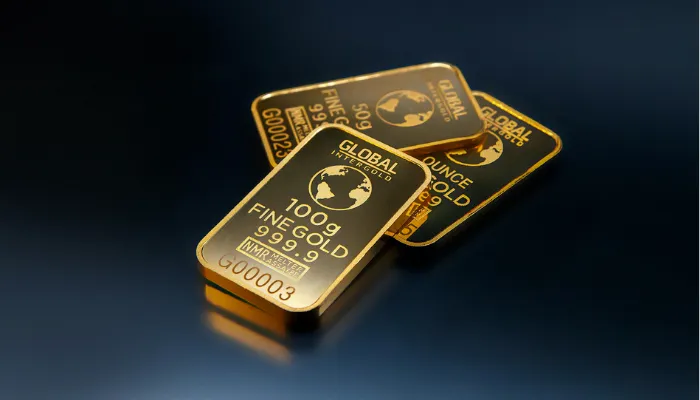Are price and value the same?
Actually, price and value are very different. Take ‘the hamburger test’ as an example – the price of a hamburger has gone up significantly in the last 30 years, but the value has not. What that means is, if you buy a hamburger now as opposed to 30 years ago, you’re still just getting a hamburger, but now you’re paying a lot more for it due to inflation. The price is different, but the value is the same.
When you invest your money, you should have an increase in both.
Look at gold for example. Compare 1 bar of gold in 1925 to 1 bar of gold in 2020. You could have buried one in your backyard, dug it up almost 100 years later, and still have 1 bar of gold. The value is the same, but of course, the price will have fluctuated in that time.
Compare this to property. How often do you hear people say their grandparents bought a 3-bedroom cottage for $25,000 back in the day, and now it’s worth hundreds of thousands? There has been no shift in the value in that it’s still a 3-bedroom cottage now, but it would have cost them a lot over the years to maintain it. If you choose to renovate the bathroom, it might cost $20,000 in today’s prices – exponentially higher than ‘back in the day’. So we’d say there has been a price shift; but not a value shift.
Let’s have a look at companies, starting with a well-known Australian one – Woolworths. Woolworths started in 1925 with 5 supermarkets. Since then, they’ve grown to 995,000 supermarkets in Australia, and that’s not even going into other variations of the brand (BWS and Dan Murphys, as well as stores in New Zealand.) So, since 1925, there has been a huge increase in the price of their shares, but there has also been a massive increase in the value. The more money they made, the more they invested into their own brand on behalf of their shareholders, and the more it compounded and grew.
As a general rule, large companies in Australia pay out approximately half their profits in dividends. With the rest, they’ll invest or do something to make themselves even more valuable.
As you are accumulating assets for your retirement, the question we want you to ask is: am I buying something that I am going to have to spend money on to maintain its current value, or am I buying something that is going to get more valuable over time?
Listen to the related podcast here!
